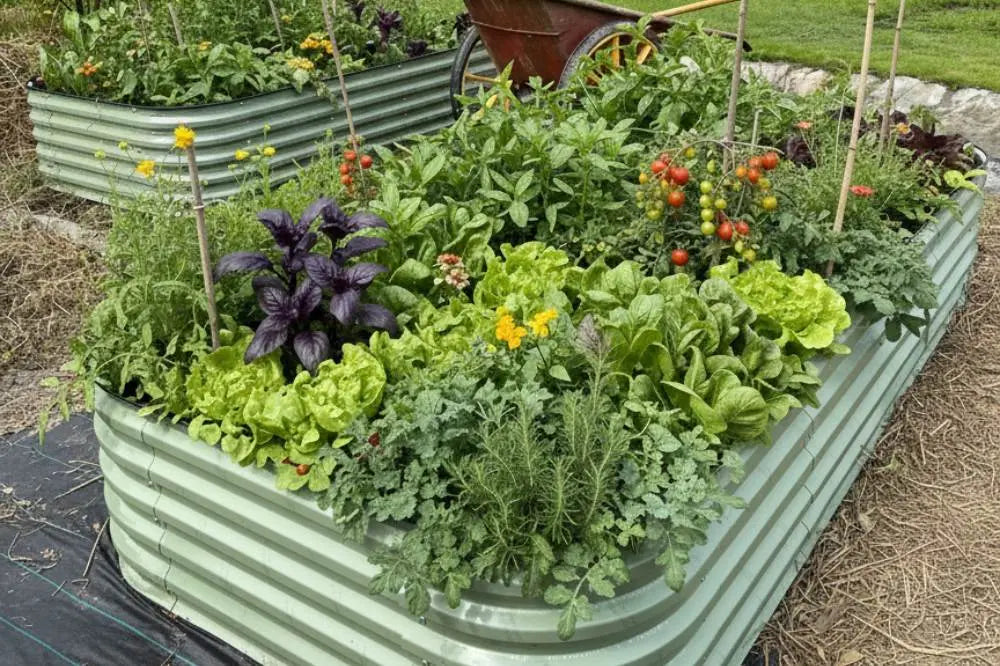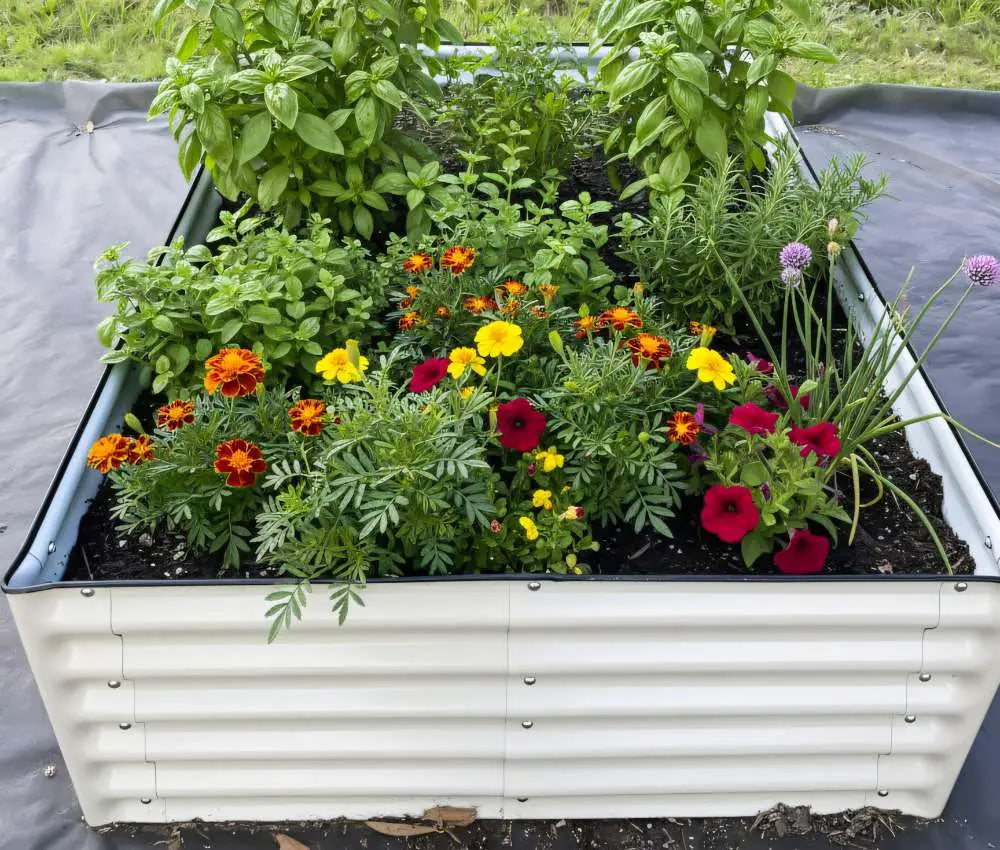Greener Gardening: How to Start an Organic Garden
By Diana Smith
Author bio: Diana Smith is a full time mom of two beautiful girls interested in topics related to home improvement and latest DIY projects. In her free time she enjoys exercising and preparing healthy meals for her family.
Organic seems to be the word on everyone’s lips these days, so it might attract you to try organic gardening. What does this mean exactly? Well, organic gardening minimizes artificial substances and includes a more holistic approach to growing plants. It requires awareness of the human effect on the environment and gardening in an eco-friendly way. If you’re preparing to start your own organic garden, here are some tips to help you hit the ground running.

Find the right spot
Plants need sunlight, so make sure to provide your future plants with a spot that gets enough of it every day (at least 6 to 8 hours). Most plants that bear fruit (tomatoes, melons, peppers, etc.) need direct sun to give you a nice yield. However, if you have a shady garden, opt for leafy greens and herbs, which tolerate partial sun. Ideally, your garden should be planted away from large trees whose roots can steal nutrients and water from your plants or create extra shade.
Those gardeners who are forced to do container gardening just need to worry about strong winds toppling your pots over, so make sure to choose a spot that doesn’t get strong winds. With pots, you can basically choose the most practical spot for growing. For instance, keeping herbs near the kitchen is a great idea.
Check the soil
Any organic garden needs soil filled with nutrients. In order to produce strong roots, your plants will need rich, well-draining soil. If you don’t have any experience with organic gardening, it’s a good idea to start a compost pile so you can enrich the soil. It will take some time for compost to break down, but the sooner you start, the sooner you’ll get your product. If you don’t want to wait, you can mix all-purpose in-ground soil with aged compost and mix it in with your existing garden soil—this will give your plants a nice boost.
A good potting mix for containers will do just well for pot gardens since they are light and drain better than garden soil. When digging around in your garden, make sure to wear proper protection, especially on your feet. With quality safety boots, you can swing a hoe and shovel away, knowing your toes are protected and your feet are nice and dry. Add a pair of gloves and some eye protection to the mix as well.
Use organic fertilizer
While you can leave your garden completely on its own for extra organic yield, fertilizing will help your crops grow faster and produce bigger harvests. Organic fertilizer usually consists of manure from herbivores (rabbits, horses, sheep, chickens, etc.). If this is not something you can access, prepackaged organic fertilizer can be found in most garden centers and even online. To be sure you’re doing the right thing, have your soil analyzed because you don’t want to add too much of a good thing.
Choose organic plants to grow
If you can, opt for organically grown seeds for your garden. Conventional plants are usually loaded with pesticides and chemicals or may even be genetically modified. It’s worth digging around for organic seeds and plants, but you usually won’t have to look too hard because today you can find these in organic nurseries and online stores.
Feed and protect your plants
Your plants will still need some help growing, especially when it comes to water. Take a walk around your garden every day to inspect the plants and catch any issues while it’s small. Organic gardeners focus on keeping the garden healthy, while conventional gardeners focus on keeping it disease-and pest-free—we practice a much more holistic approach. And good hygiene and close inspection often prevent health issues. In case you notice any weeds, suppress them with bark mulch and remove any that push through. To protect your crops from pests the natural way, opt for netting and cages.
Encourage biodiversity
It’s important to let the natural food chain do its job in your garden. This includes the wildlife working for your organic garden. With biodiversity, you can have frogs that eat snails, ladybirds that eat greenflies and bright flowers attracting bees and other pollinators. All of that will prevent you from being forced to use any chemicals in your garden! Biodiversity also creates a symbiosis between plants such as between sweetcorn, beans and squash, where each plant provides protection for the other.
Practice companion planting
This can be a very good trick for organic gardeners everywhere. Companion planting can bring many advantages to your garden. For instance, you can grow strongly scented plants near your veggies and fruit to deter, confuse or attract pests. Basil deters whitefly on tomatoes; chives deter carrot rot fly; marigolds attract hoverflies that eat aphids; sage confuses pests of brassicas, and nasturtium lures aphids away from beans while also attracting good insects.
Organic gardening doesn’t have to be hard.
Also read: Essential Companion Planting Guide for Your Raised Garden Bed.
With a few tips up your sleeve, you can create a completely natural garden that produces the healthiest and tastiest crops.


